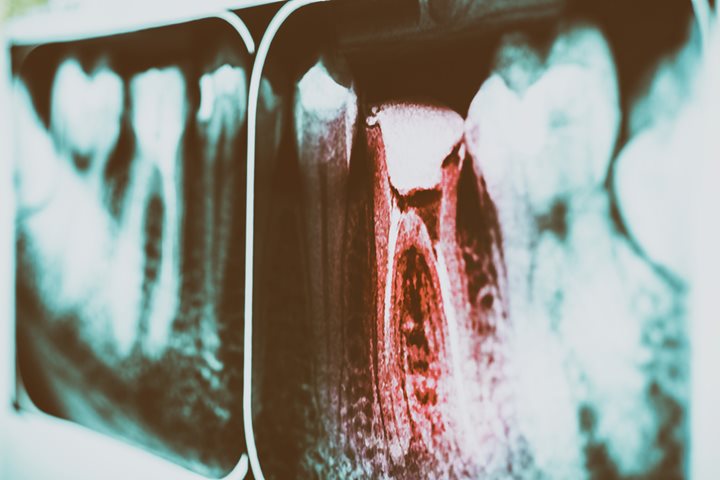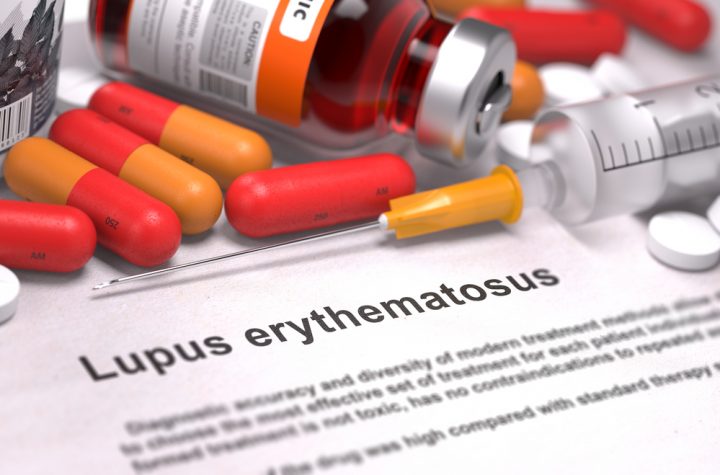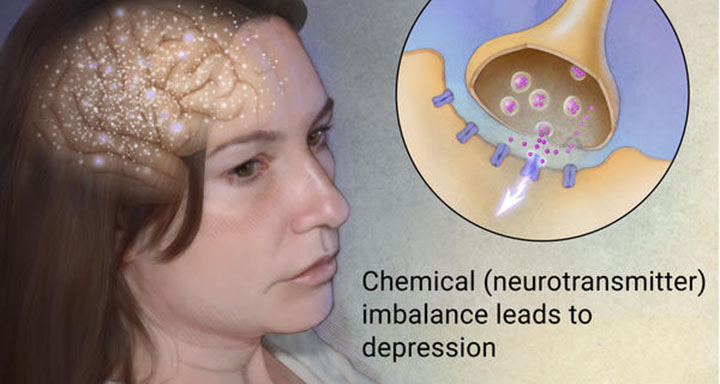Each life has its ups and downs. In any case, when the “ups” are too high and the “downs” are too low, and the swing between the two is excessively unexpected, bipolar disorder may be the diagnosis.
Bipolar disorder, otherwise called hyper-depression, is a temperament disorder that causes behaviors, thoughts and emotions to move between profound depression and amazing agitation. These shifts might be quick cycling, changing as quick as within a day or two, or they may last for quite a long time; months on end.
Recognizing The Symptoms Of Bipolar Disorder
Madness might show itself in feelings ranging from anger and irritability to euphoria and a feeling of grandiosity or invincibility. Patients might show abnormal measures of energy and drive. Their thought might be racing, and the individual has great trouble concentrating.
Huge numbers of these feelings can happen in extremities, with behaviors becoming harmful to the self and to friends and family. Sufferers might take part in incautious or high hazard practices, for example, spending excessive amounts of money or taking part in dangerous sex. Self-medicating with drugs, is common, usually an effort to ease the symptoms.
Another symptom can be extremely fast speech called “constrained discourse” and is regular. This quick talking is a type of one- way correspondence, since that the speaker will talk directly over any efforts to respond or interject. A lot of the time, the person may be speaking too quickly to even be understood.
In extreme cases, the patient might experience the ill effects of delusions or hallucinations.
A milder type of mania is hypomania. Patients might work better with less extreme symptoms. However, they might be prone to awful choice making and unreliable behaviors.
Symptoms of Bipolar Depression
Patients experiencing bipolar depression show a percentage of the same symptoms as those with other depressive disorders. Be that as it may, certain symptoms are more common with bipolar depression, including erratic mood changes, feelings of restlessness, and irritability. Sufferers have a tendency to think and talk more gradually slowly and show sluggishness, both mentally and physically. Weight changes can be very significant.
Bipolar depressed patients are very prone to psychotic episodes, where they may lose touch with reality. They show a trouble in keeping up work and holding relationships together. Patients are additionally more at risk of sudden suicide than with other other types of depression.
Mixed Symptoms
A few sufferers of bipolar disorder experience a blend of manic and depressive symptoms. These symptoms frequently incorporate irritability or agitation, extreme appetite changes and insomnia, all happening at the same time as their elevated mood.
Treatment
The medications that work for different sorts of depression are moderately ineffectual in treating bipolar misery, they can trigger scenes of hypomania or mania, or cause the patient to change quickly between mania and depression.
In spite of this, the individuals who endure the symptoms Of bipolar disorder should look for treatment at the earliest opportunity. Delays in treatment can bring about increasingly intense and possibly disabling experience of symptoms.
Sourced from: psyweb.com
Featured Image Source: Depositphotos/ © photographee.eu







